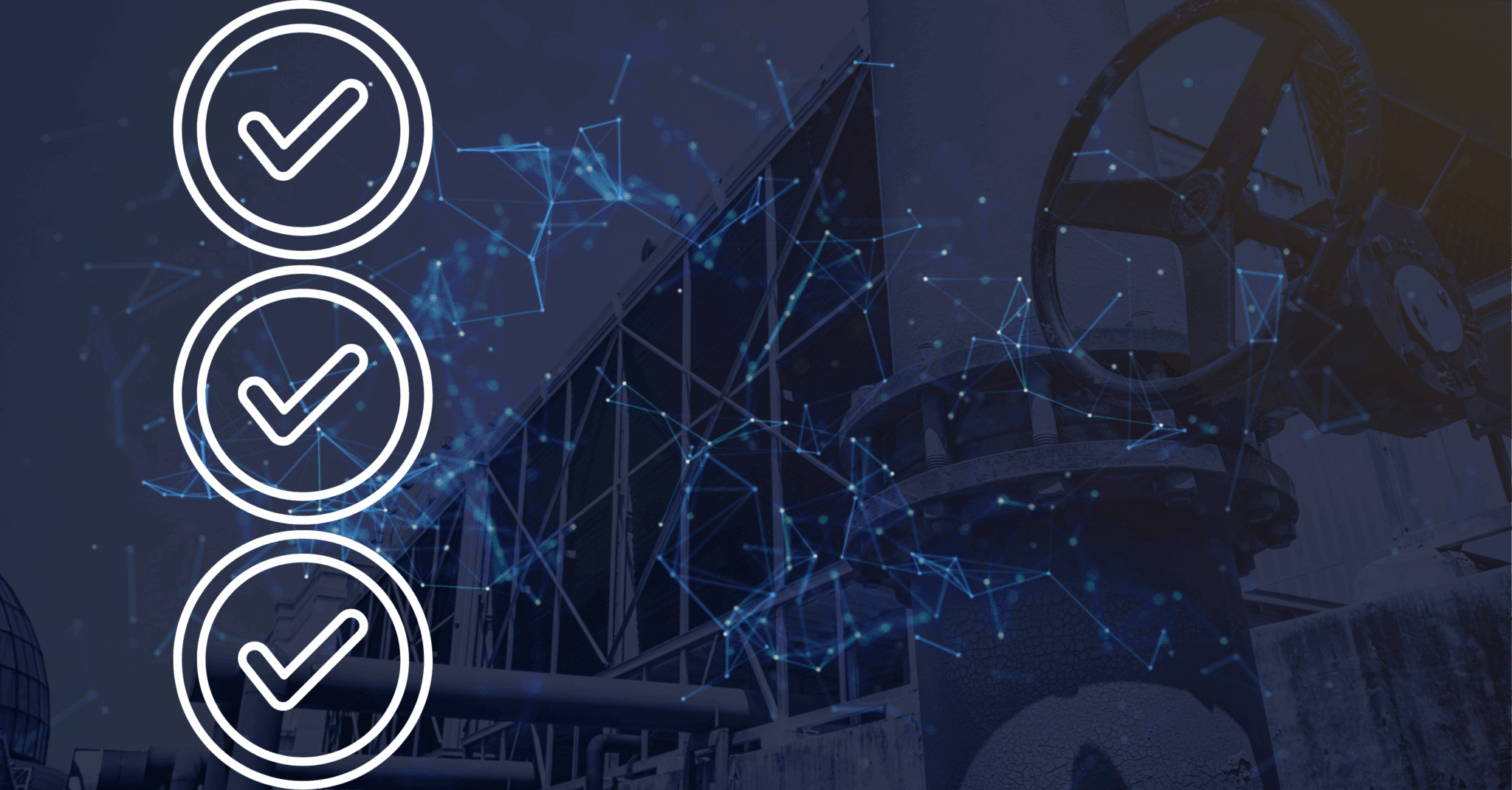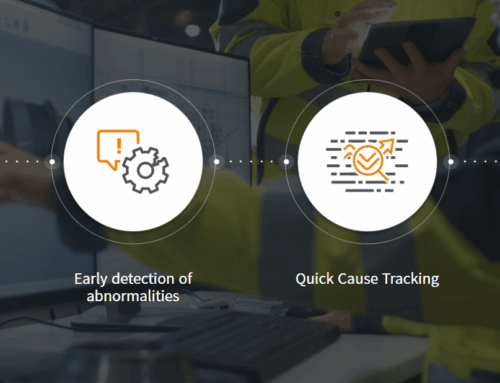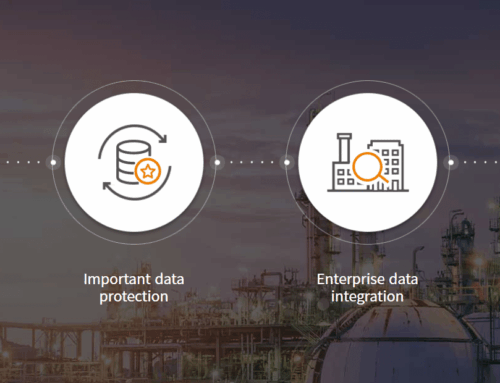This district energy digitalization self-assessment is designed to help organizations evaluate their readiness and identify strategic opportunities for improvement. The questionnaire takes approximately 20-30 minutes to complete and covers six critical areas: organization objectives, data infrastructure, technical systems, decision-making processes, digital transformation challenges, and implementation readiness.
Before You Begin
Gather key stakeholders from operations, maintenance, IT, and management teams to ensure comprehensive responses. Having technical documentation about your current control systems, data historians, and communication protocols will help you provide accurate answers.
How to Proceed
Work through each section systematically, providing specific examples and quantitative data where possible. Don’t worry if you can’t answer every question completely (identifying knowledge gaps is part of the assessment value).
After Completion
Use your responses to prioritize digitalization initiatives, develop implementation timelines, and build business cases for investment. Consider sharing results with your team to align on strategic priorities and next steps.
Questions About Your Results?
Completing this assessment provides valuable insights into your organization’s digitalization readiness and opportunities. If you’d like to discuss your findings or explore how other district energy organizations have approached similar challenges, we’re here to help.
We’re available to:
- Discuss your assessment results and what they mean for your organization
- Share insights from similar digitalization projects in the district energy sector
- Connect you with resources and best practices from the industry
- Answer questions about implementation approaches and technologies
Whether you’re just starting to explore district energy digitalization possibilities or ready to move forward with specific initiatives, feel free to reach out. We understand that every organization’s journey is unique, and we’re happy to provide guidance tailored to your situation.



